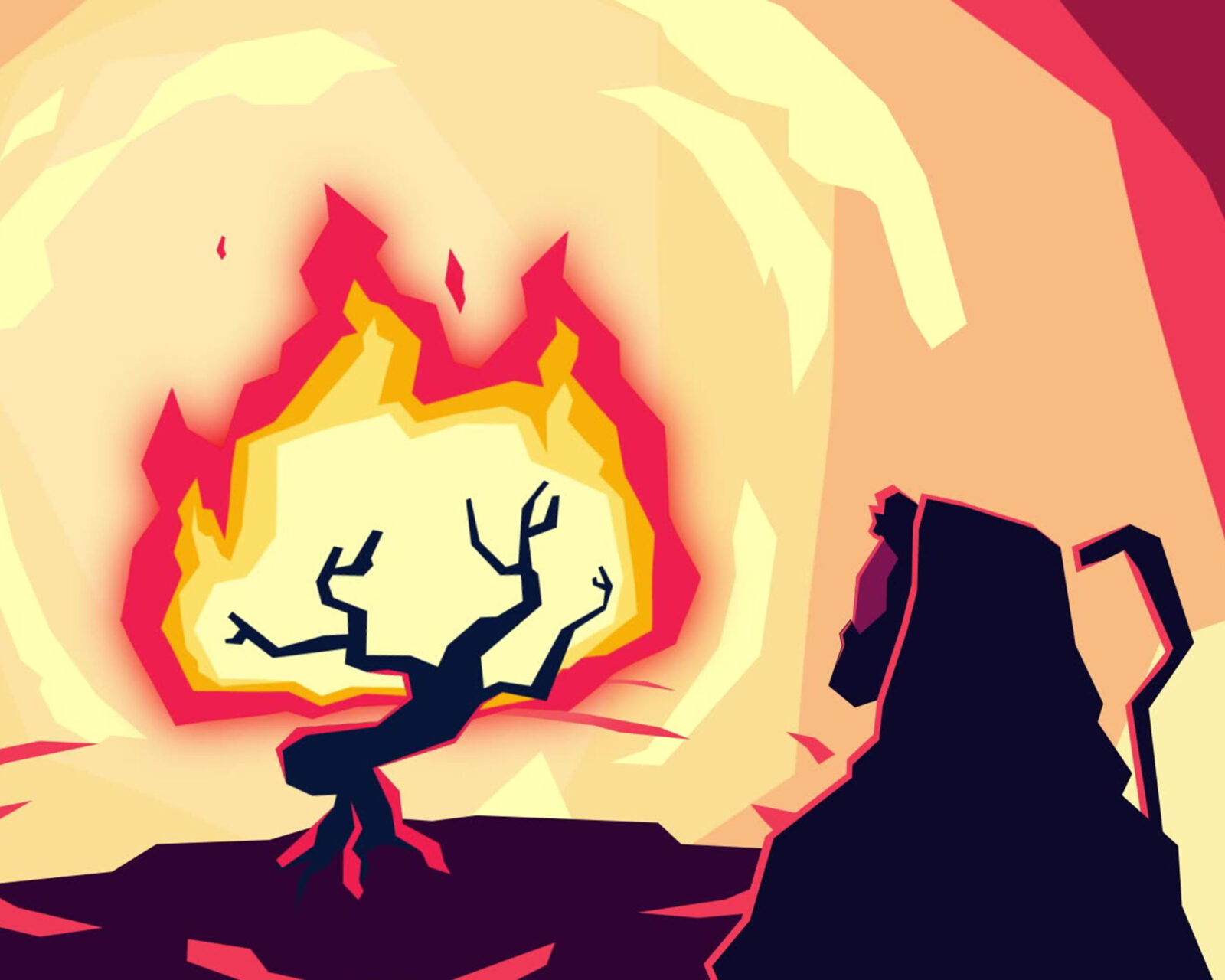Video Transcript
Edmund: When you look at all the amazing creatures God has created, humans stand out as the most unique and special of all of God’s creation.
Emily: God created us distinct from ALL other life. God gifted us with a soul, and the powers of our intellect and our will. And even more amazing, each individual person is unique and unrepeatable. There will never be another YOU.
Edmund: The Catechism reminds us in paragraph 2319 that “Every human life, from the moment of conception until death, is sacred because the human person has been willed for its own sake in the image and likeness of the living and holy God.” This means that from the moment we are conceived, we remain forever in a special relationship with God, even after we die. This special relationship can be lost eternally, however, through sin.
Emily: But from a desire to help us avoid sin, God revealed to us in the Ten Commandments that no one may destroy an innocent life because a person’s life is a sacred and special gift. Human life is sacred from the moment of conception to the moment of natural death. This means we should respect life, respect the dignity of the human person, and respect and strive for peace.
Edmund: There are many offenses against this Commandment: murder, abortion, euthanasia, and suicide. These fall under this commandment because they are all ways in which a person destroys something they do not have the right to destroy – and that is the sacredness of human life.
Emily: This sacredness of human life includes the body and the soul. We should not harm another person’s body, because the body deserves care and protection. We’re called to love one another, and this love requires us to treat our bodies and others with dignity and respect. This also includes the damage we could cause to someone’s soul.
Edmund: Some of the ways we could put other people’s souls in danger or harm them could be leading other people to sin through scandal, being a bad example, or convincing someone to sin. The Old Testament recounts the story of the brothers Cain and Abel. Cain murdered Abel out of anger and envy. When God asked Cain where he was, Cain responded, “I do not know. Am I my brother’s keeper?”
Emily: But we really are called to be the keeper, a loving neighbor, to our brothers and sisters in Christ. Jesus teaches us that we are to love our neighbors as we love ourselves.
Edmund: The Catechism mentions many ways that we’re called to respect the dignity of the human person by protecting others from harm. And this includes not participating in or supporting research that destroys human embryos or other scientific or medical research that would harm a human person.
Emily: Okay but let’s talk about a question that often comes up in relation to this Commandment: what about self defense? There may be situations where our life is in danger because someone intends to harm or kill us.
Edmund: We should still do everything in our power to avoid killing another person. But if our life or someone else’s is in danger, we may have no other option but using lethal force in order to defend ourselves. This would not be considered murder, but self defense. This is why even in some rare situations war and participation in war might be considered a just act.
Emily: Ultimately, God calls us to a love that respects and strives towards peace between all people. Cain allowed his anger and envy towards Abel to consume him. He decided to deal with his anger through an act of murder. And all of us are tempted to hurt others at times — but we’re called by God to choose love. This means choosing to let go of our anger and hatred and anything else we might use to justify hurting others.
Edmund: Our life is the greatest gift we are given by God. Once God gives us the gift of life, our soul exists forever! Our bodies and our souls are sacred and should be treated as such. Imagine a world where everyone believes all human life is sacred and should be protected out of reverence for God who made us in His image.




